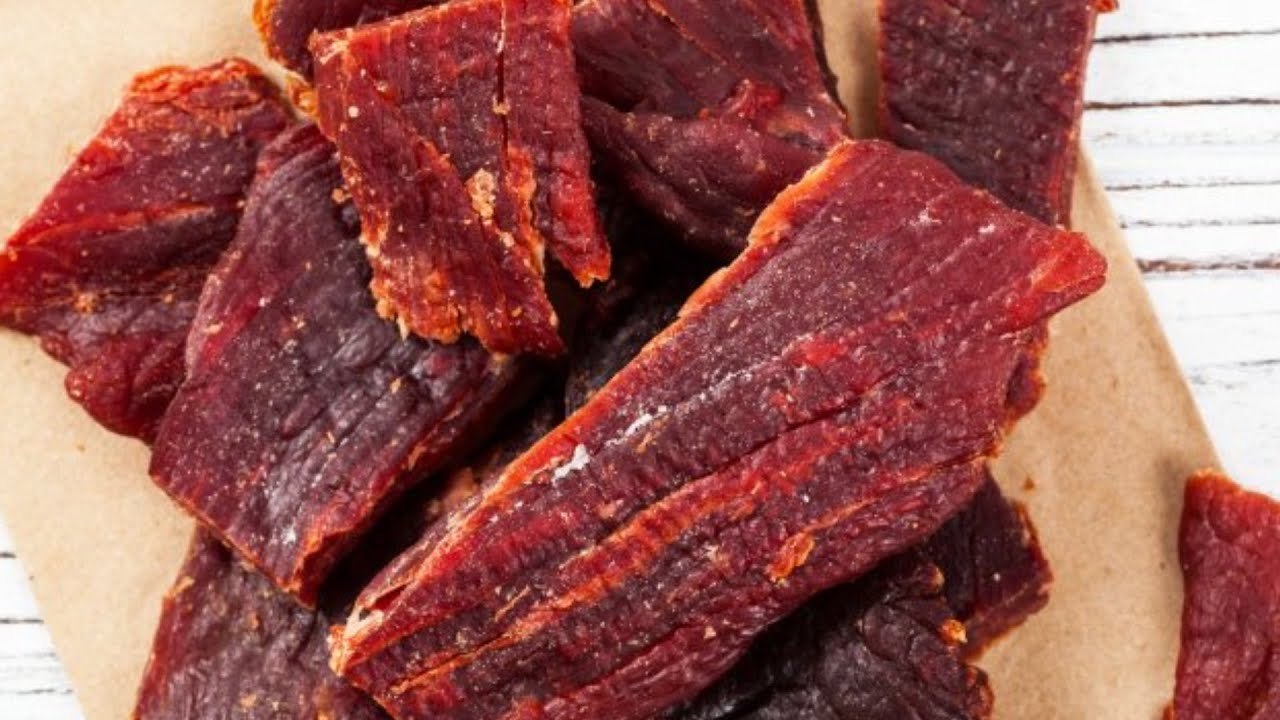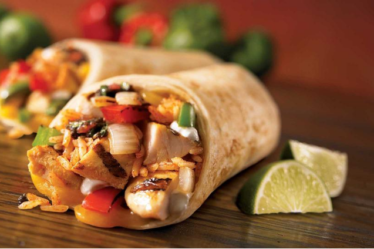
Jerky is not only a tasty and convenient snack, but it’s also healthy. High in protein and low in carbohydrates, it is primarily composed of lean, high-quality beef cuts. There may be some jerky that contains ingredients that aren’t as healthy as others, but they still hold up well against other snacks. If you have the option, choose beef jerky over regular snacks as it is considered a healthier choice.
It’s Delicious To Eat Beef Jerky
If you’ve never had beef jerky before, it is a marinated/seasoned sliced or sliced piece of lean meat. Once it has been dehydrated, it is packaged. Commercial brands are long lasting and can be carried anywhere.
Beef jerky’s main disadvantage is its high salt content. In addition to low-sodium options, some brands offer gluten-free versions, as well as a variety of other flavors.
An Overview Of Jerky’s Nutrition
According to the USDA, here are the nutritional values in one cup (90 g) of beef jerky.
- Calorie count: 369
- 23 grams of fat
- Carbohydrates: 10 g
- 1870 grams of sodium
- Fiber: 2 grams
- 30 grams of protein
- Sugar 8 grams
Suitable For Keto
There are only 2 grams of carbs per serving of beef jerky, making it a low-carb food. A low-carb snack that doesn’t have added sugar is a good low-carb choice. In spite of being high in protein, beef jerky is low in fat. Although not a keto food, it’s still a good one.
Beef Jerky Contains Protein
There are up to 7 grams of protein in one piece of beef jerky.
What Is The Fat Content Of Beef Jerky?
Beef jerky contains 5 grams of fat, 5 grams of which are saturated and monounsaturated.
Jerky Contains Micronutrients
In terms of micronutrients, the following are the percentages of the daily values of each micronutrient in beef jerky:
- The copper content of the DV is 7%
- A DV of 6% for choline
- Nutritional value for folate is 9%
- DV for iron is 8%
- Amount of magnesium in the diet: 3%
- The Daily Value for Niacin is 3%
- 4% of the Daily Value for potassium
- 9% of DV for phosphorus
- The daily value for riboflavin is approximately 3%
- The percentage of Selenium in the DV is 5%
- Thiamine – 4% of Daily Value
- The Daily Value for vitamin B12 is 12%
- DV for zinc is 21%


